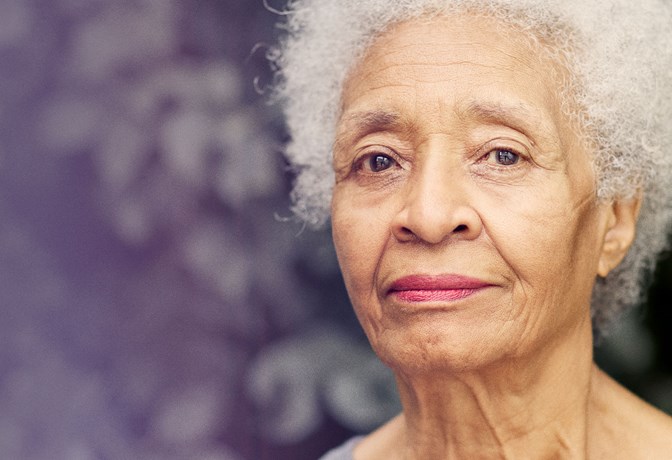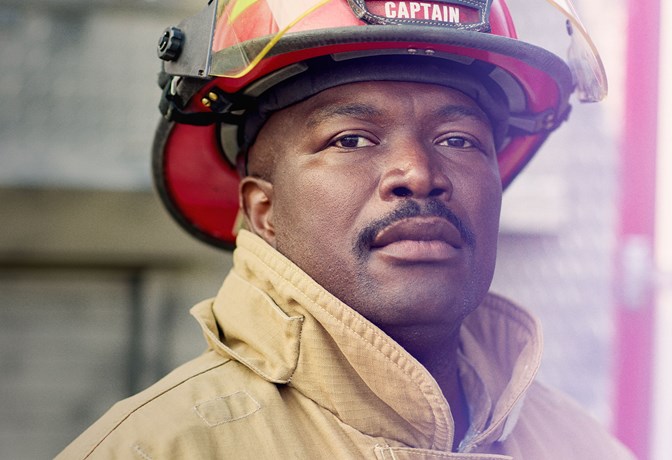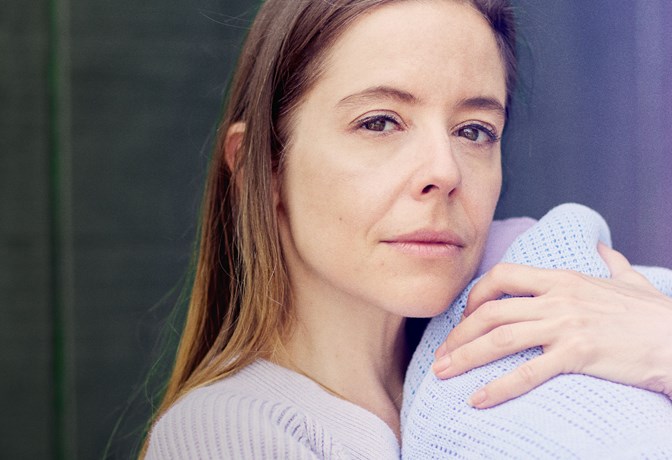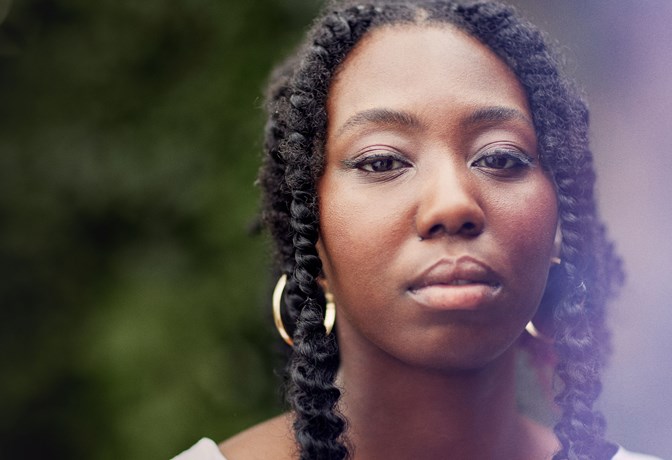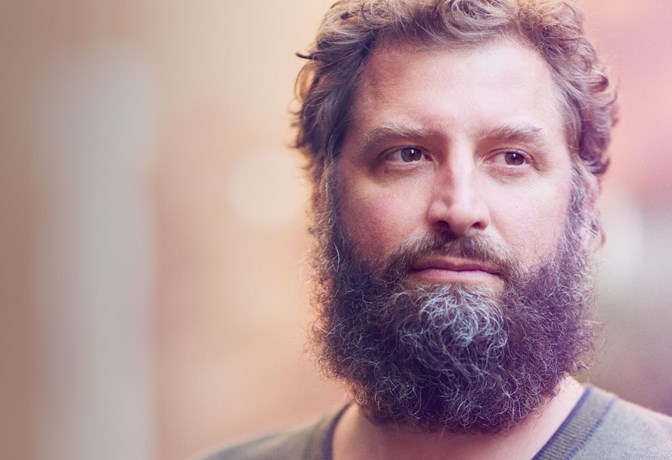Daring to feel hopeful
In many ways, the life and near death of Alex Stewart is what this campaign is all about. A gifted computer science student, he had been accepted into a highly competitive program at Waterloo University and was just getting ready to make his own way in the world when mental illness took over his young life.
"It’s all very jumbled,” says Alex, 24, about his memory of that time. “I have memories of saying things to people in high school and people reacting strangely, saying ‘that didn’t happen’. I remember locking myself in my room for about a year after high school. I didn’t have the will to get up and go downstairs for breakfast or dinner. I just couldn’t. Although my family has been incredibly supportive, in the beginning my behavior definitely caused some conflict. Because no one, including myself, understood what was going on. Objectively I guess I was depressed because I was sleeping a lot, but I don’t remember my suffering, which is probably a good thing that I’ve forgotten.”
“One of the things people don’t understand about having a loved one with a serious mental illness is that when it starts it is incredibly frightening,” says his mother Susan. “We don’t have the knowledge we have of other illnesses. It’s not easily diagnosed, so it can be going on for a long time before you really know what’s going on. I had people tell me that this was normal teenage angst. I just had a bad feeling it was lot more than that.”
She was right. Alex was just a few months away from his first episode of psychosis.
Because of the seriousness of the disease and the time of life it typically emerges–in the late teens or early twenties–untreated first episode psychosis is a grave threat to human health and early intervention can truly be a matter of life and death. Compounding the danger is the hard truth that currently there is no way to detect psychosis before it emerges and no way to predict who may be at risk.




